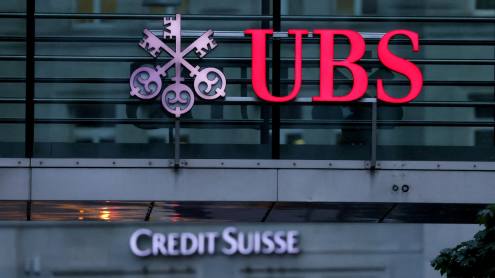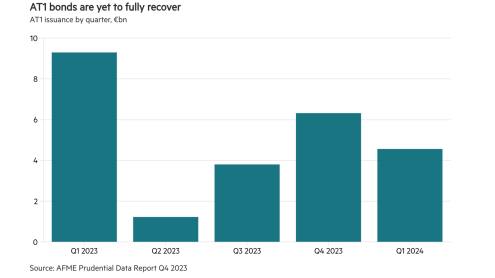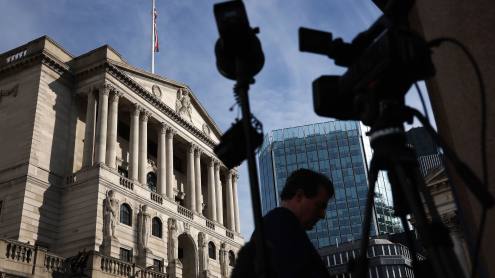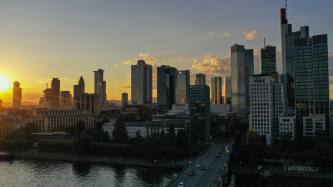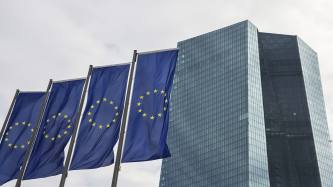Q: Over the past decade, the UK has emerged as the leading Islamic finance hub in Europe. What steps need to be taken, by both the private and public sectors, to build on this position and develop the market further?
A: Islamic finance is reinforcing the UK’s position as a global financial hub. Assets of UK-based institutions that offer Islamic finance services currently total more than $5bn. It has emerged as an important source of finance for a wide variety of infrastructure projects and widens the pool of resources to meet the vast infrastructure investment needs around the globe, but there is a huge opportunity for the sector to grow further still.
In 2018, Al Rayan Bank became the first bank in the world to issue a public sterling sukuk in a non-Muslim country. The London-listed £250m ($305m) securitisation was significantly oversubscribed, reflecting the strong demand for Islamic financing instruments that exists in the market. As awareness and understanding of Islamic finance improves, it is vital that the government supports the sector and continues the processes of levelling the playing field for Islamic finance institutions.
An example of work under way is the Bank of England’s Term Funding Scheme with additional incentives for small and medium-sized enterprises. The principal of this measure is that it will help banks and building societies to provide affordable credit to businesses and households through any period of economic disruption.
However, for banks to be eligible for this scheme, they have to be participants in the Bank of England’s Sterling Monetary Framework, which is not currently compatible with Islamic finance principles. This requirement is currently prohibiting Islamic banks, such as Al Rayan Bank, from being able to utilise the scheme to provide the support so desperately needed by families and businesses.
Q: As the UK’s economic outlook darkens, how can sharia-compliant banks differentiate themselves when it comes to supporting their customers during these challenging times?
A: It’s important for banks like Al Rayan Bank to clearly articulate their proposition – even more so in times like these, when transparency is key. We see it as our role to uphold our strong sense of social purpose and this should be demonstrated not only at an operational level, but also a cultural one too. It’s important for people to understand that our ethical, sharia-compliant business model is reflected within every layer of the bank. This way, people will clearly be able to see how they can be supported but also how our people are supported too, which we hope will reassure customers during these difficult times.
Environmental, social and corporate governance standards are also having an increasing impact on financial markets and given the current economic and social upheaval we’re experiencing, companies are expected – perhaps now more so than before – to embed these standards within their business models. What sets Islamic banks apart is that these values are actually integral to how they operate and what products they offer. As an Islamic bank, Al Rayan Bank can offer an ethical option and a competitive pricing model, which will continue to appeal to customers in the months and years to come.
Q: To what extent is engagement from non-Muslim customers driving Al Rayan Bank’s growth?
A: The bank has grown significantly since its inception more than 15 years ago, thanks to growing demand among Muslim and non-Muslim customers. Consumers are more conscious of leading ethical lifestyles than they have ever been, which is a huge growth opportunity for Islamic banks who operate ethically. Our research reinforces this and shows that 37% of all British adults believe that choosing an ethical financial service provider is as important as issues such as recycling. Currently, more than a third of our customers are believed to be not of the Muslim faith and we expect this proportion of customers to grow significantly in the coming years.
Q: What are Al Rayan Bank’s strategic priorities in the coming years?
A: Above all, it’s important for the bank to deliver positive customer outcomes while continuing to grow in a controlled and managed way. We currently have a balance sheet of more than £2bn, and growing our own audience – but also driving awareness of the Islamic finance market in general – is crucial in maintaining this momentum. We’re continuing to work with the government to ensure a level playing field for sharia-compliant banks and to strengthen the UK’s position as a leading global hub for Islamic finance.
Al Rayan Bank fulfils a unique role in the UK banking landscape, not only for its customers and shareholders but also for UK society as a whole. Our 2020 sharia compliance ethical road map forms a significant part of the way we work and our strategy closely aligns to this.




